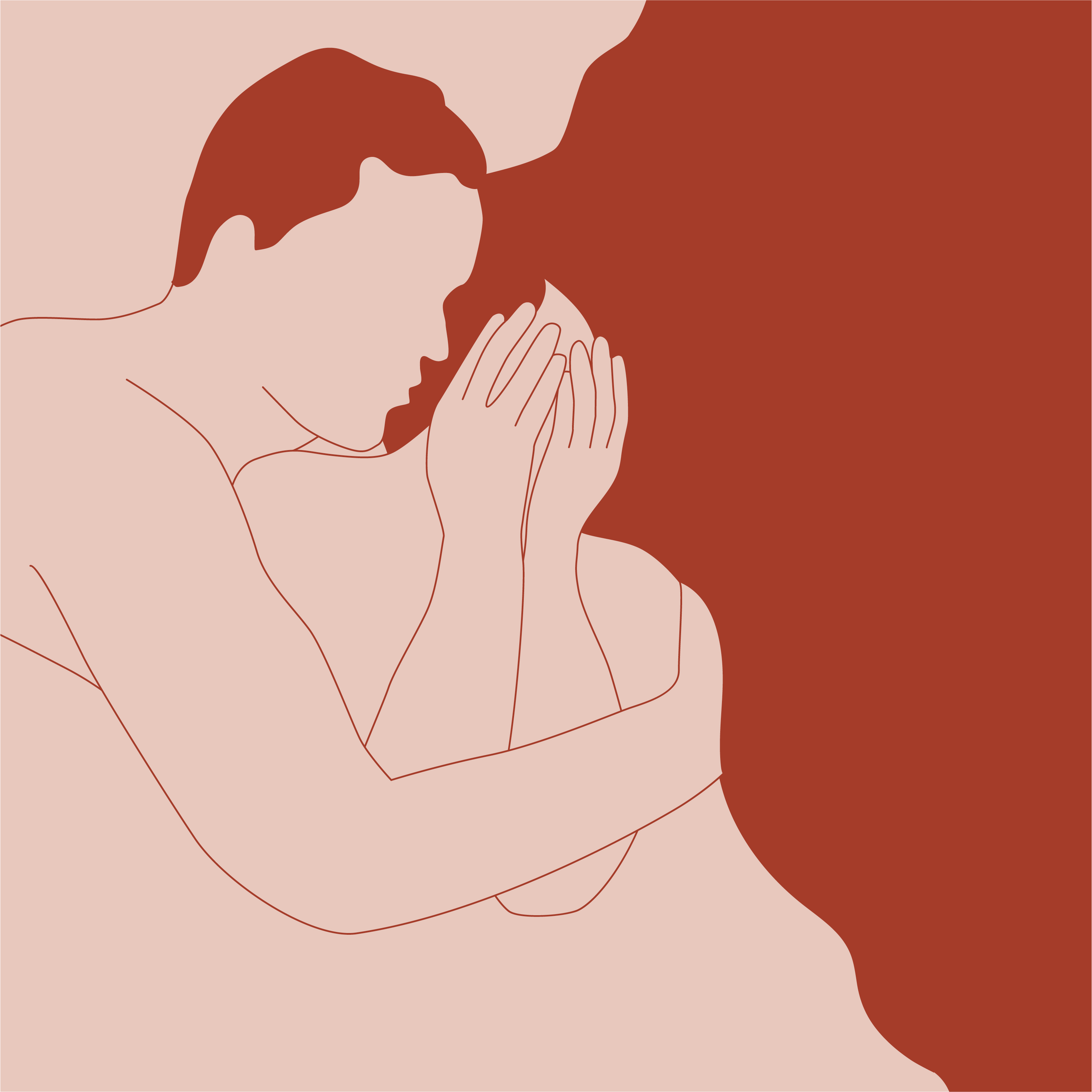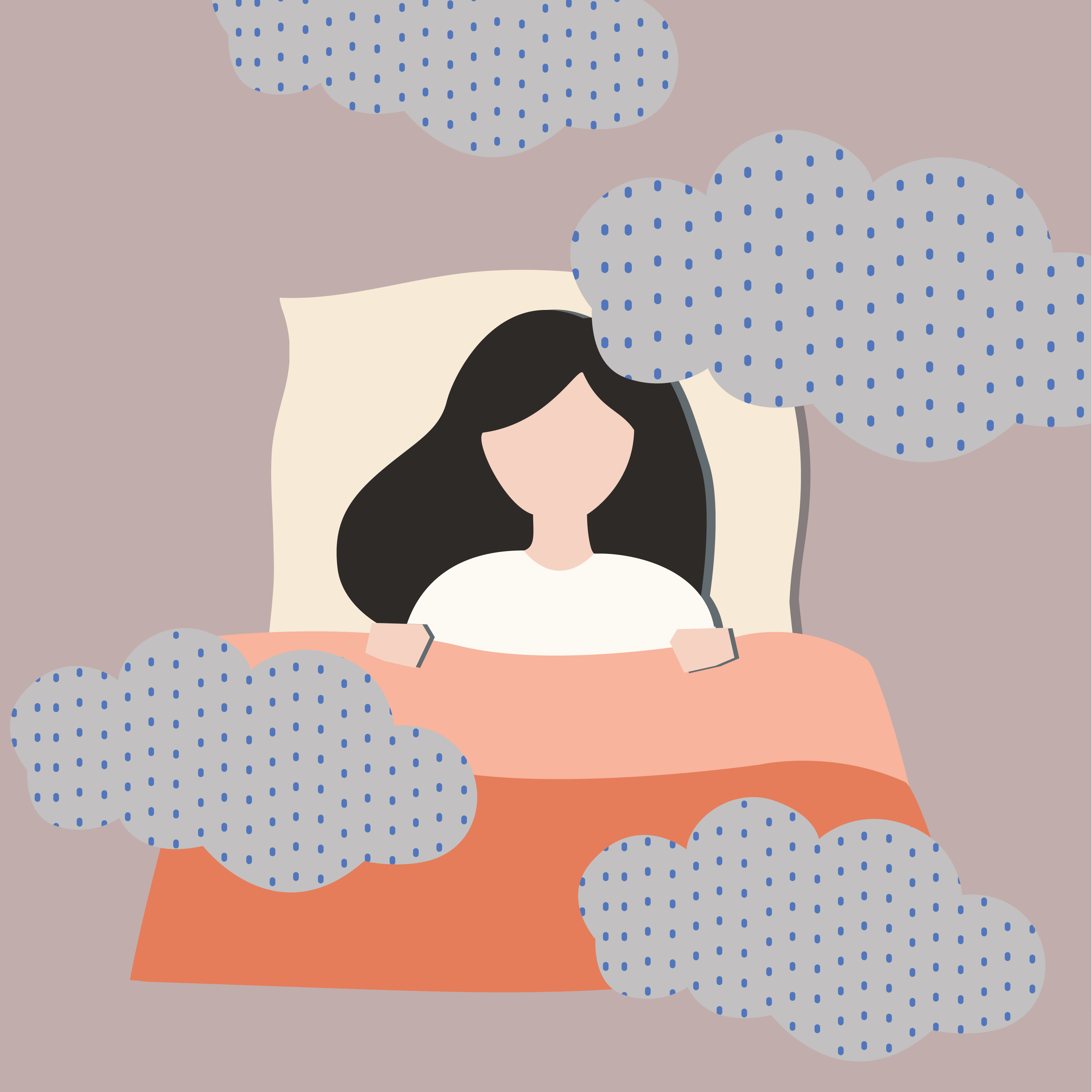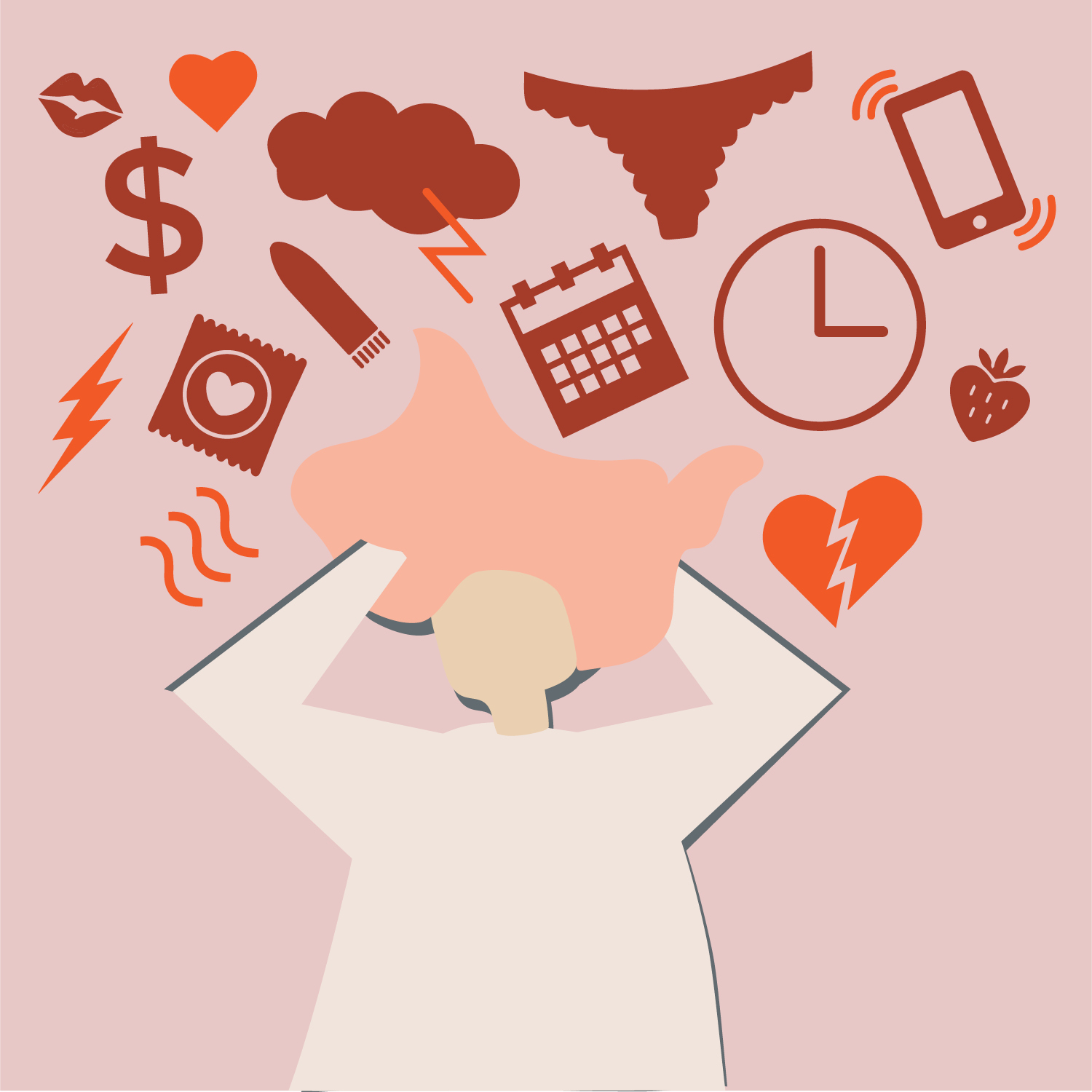Feb 01, 2016
WOMEN AND ALCOHOL
The following content has been provided by our partners at Jean Hailes for Women’s Health and includes information that is evidence-based.
More than 1 in 10 Australian women are endangering their long-term health with the amount of alcohol they drink.
“A significant number of women of all ages are drinking too much,” says Jean Hailes dietitian Anna Waldron. “Many of these women wouldn’t be aware their alcohol intake is contributing to long-term health risks. It’s easy to get into the habit of regularly drinking, perhaps a couple of glasses of wine in the evening after work to help unwind. This could easily be three or four standard drinks—well above the recommended guidelines.”
What few women realise is that one 200ml glass of wine is two “standard” drinks – the most you should drink in any one sitting, according to the Australian National Health and Medical Research Council (NHMRC). It also contains around 600 to 700 kJ of energy – similar to a can of lemonade.
If you have more than two ‘standard drinks’ per day, and if you don’t regularly have days with no alcohol at all, you’re putting yourself at risk of liver damage, certain cancers (including breast cancer), weight gain, depression, dementia and alcohol dependence.
To tie in with the FebFast campaign (febfast.org.au), Jean Hailes has compiled 10 tips that could help you break bad habits:
- Do an ‘audit’ of your alcohol habits – examine what, when and why you’re drinking
- Find other ways to relax or socialise – e.g. walking or talking with a friend
- Make special non-alcoholic drinks – e.g. fresh juice and berries mixed with mineral water, ice and mint – and serve in a favourite wine/champagne glass
- Start a night out with a non-alcoholic drink and make every other drink a non-alcoholic one
- Try low-alcohol drinks
- Avoid or spend less time in places where you know you find it hard to say “no”
- Try mixing with friends who don’t drink
- Volunteer to be the ‘designated driver’
- Learn to make choices about what and when you drink, and do it in moderation
- Remember – small changes can have a big impact on your health
You can find a full guide to alcohol content of standard drinks, a questionnaire to help you assess your own drinking habits, and tips to help you make a healthy change at www.healthforwomen.org.au/health-issues/alcohol.
Published with the permission of Jean Hailes for Women’s Health
1800 JEAN HAILES (532 642)
Data source: Australian Health Survey 2011-13, First results (ABS 2012)
Blogs

Jun 08, 2022
EXPLORING PERIOD CARE IN CULTURES AROUND THE WORLD
Our TOM Talks panelist Sabina McKenna explores how different cultures around the world approach period care.
Read More
Jun 08, 2022
STOP APOLOGISING FOR HAVING YOUR PERIOD
Our TOM Talks panelist Mel Mason talks about the importance of not apologising for having your period.
Read More
Jun 07, 2022
STRESSED? NOT SLEEPING? TRYING TO CONCEIVE?
TOM Talk's panelist Georgia Hartmann discussed the links between stress, sleep and fertility.
Read More
Jun 07, 2022
STRESS AND HOW IT AFFECTS YOUR SEX DRIVE
Certified sex coach Georgia Grace is here to unpack the link between stress and sex.
Read More